The Supreme Court of Arkansas adopted a policy that grants public access to court records, including all court records, including the register of action and docket sheets, available to the public during business hours established by the court. The Administrative Order also said that "ourts should endeavor" to make information, including dockets, available by remote access "when available in electronic form." Ark. Only a single unpublished case addresses the right of access to criminal court dockets, and the case involved an inmate's request for access. The Supreme Court has declined to address whether the constitutional presumption of access applies to civil or criminal court dockets. However, federal appellate courts have recognized that the right does attach. Consequently, because a secret docket is unconstitutional for interfering with public and press access to criminal proceedings, it naturally follows that a docket should be open to the public and press.
Thus, the press and public have a qualified First Amendment right to access criminal proceedings, which extends to the proceedings' docket sheets. United States v. Ochoa-Vasquez, 428 F.3d 1015 (11th Cir. 2005). Maryland Electronic Courts allows users to electronically view and file documents in a court case to which they are a party. Members public may request access to MDEC subject to certain rules.
Some courts may have an MDEC kiosk that the public may use to view court records. The Ohio Rules of Superintendence classify dockets as court records. "Court records are presumed open to public access." Sup.R. The rules provide for a method to view dockets through direct and remote access.
The court shall restrict public access, however, when "the presumption of allowing public access is outweighed by a higher interest." Sup.R. Although no Maryland state court has decided the issue, the Fourth Circuit has found a constitutional right of access to docket sheets. Maryland state courts have, however, recognized the importance of docket sheets in enforcing the public's right of access.
Docket entries regarding convictions that have been "expunged" may be sealed or destroyed. The public has no right of access to proceedings and records relating to the issuance of a search warrant before the warrant is executed, including an order sealing such proceedings and records. After execution, the public has a common law, but not a First Amendment, right of access to affidavits in support of search warrants, which right may be overcome by law enforcement's interest in protecting ongoing investigations. Circuit Courts generally handle more serious criminal cases and major civil cases. These include juvenile and other family law cases such as divorce, custody, and child support.
The Circuit Courts hear most cases appealed from the District Court, orphans' courts, and some administrative agencies. Cases may be decided by juries, but they also may be decided by a judge only. Filing deadlines and statutes of limitations still apply, unless otherwise ordered. All other rules and deadlines remain the same, including all those related to civil (non-criminal) matters. Further, the Eighth Circuit has stated that case dockets are public records.
In re Search Warrant for Secretarial Area Outside Office of Thomas Gunn, 855 F.2d 569, 575 (8th Cir. 1988) (citing United States v. Criden, 675 F.2d 550, 559 (3d Cir. 1982)). One rationale behind public dockets including motions to close a proceeding or seal documents is that the docket may serve as notice to the public and the press. If motions are docketed in advance of a hearing, the docket itself can "afford[] the public and the press an opportunity to present objections to the motion." Id. Further, the court held, "he fact that a closure or sealing order has been entered must itself be noted on the court's docket, absent extraordinary circumstances." Id.
State law recognizes that "every case filed in the superior court shall be identified as existing in the records of the court by docket number and by the names of the parties, and this information shall be available to the public," Conn. Ct. § 7-4a, unless a statute or sealing order provides otherwise. Additionally, the First Amendment provides the same qualified right to inspect court dockets as it does to inspect things filed with the courts. Hartford Courant Co. v. Pellegrino, 380 F.3d 83, 91 (2d Cir. 2004). In contrast to district courts, Maryland circuit courts are state trial courts.
These types of courts will hear civil or criminal cases which develop involving two people or among companies. State guidelines as specified in each state's constitution controls conclusions and judgments in circuit courts. In most court cases, a circuit court verdict may be appealed and can then move to the appellate court system within that state. Charles County Court Records are public records, documents, files, and transcripts associated with court cases and court dockets available in Charles County, Maryland. Courts in Charles County maintain records on everything that occurs during the legal process for future reference, including appeals. Court Records are typically maintained by the courts that produce the records.
These courts may exist at the Federal, Maryland State, Charles County, and local levels. Under the 5th Amendment to the Constitution, as most fifth graders know, a person cannot be compelled to testify against himself in any case. In a situation like this, that privilege is always available unless the State's Attorney drops the charges against one of the parties and grants that person immunity from prosecution in the matter.
Only then, can that person be compelled to testify because there is no longer a possibility that he will incriminate himself. Indeed, a trip by any person reading this blog, to any criminal court in the State, on any given day would almost certainly afford a person the opportunity to witness a case being handled this way, probably several times. It is beyond malpractice for these attorneys to have allowed their clients to subject themselves to possible incarceration when that result was so easily avoidable. They pressed on with this ill-conceived strategy even after the judge specifically warned that they both might be convicted and incarcerated. Some courts, typically in rural areas, do not even have websites.
Clerk's offices in urban areas, such as those in Shreveport, Baton Rouge, Covington and Gretna, do have websites with access to court records. Typically, minimal or no information is available for free, and full access, sometimes including images of documents, is available only with a paid subscription. In addition, California recognizes a presumption of access to all public records, which presumably would extend to dockets. See, e.g., Sander v. State Bar of California, 58 Cal. 4th 300, 304, 314 P.3d 488, 165 Cal. A Motion to Vacate is a written request, filed with the Clerk's office, asking the court to undo the order of default and allow you to defend the case.
In the motion, you must show the judge a good reason to allow your request and vacate the default. You must tell the judge why you did not file your response in time. You must also state the legal and factual basis for your defense. Usually, open public access terminals are situated at the county courthouse itself. Whenever using PATs to obtain criminal history records, having the full legal name as well as date of birth of the person can be extremely useful.
All records of juvenile and adoption proceedings; Other records, determined by a judge for good cause; Sealed records are not included in the records available either online or in person, except with a court order. To view a sealed record, file a written request with the court, stating the reasons why a judge should open that sealed record to you. Official Internet Searches for Maryland Warrant Records.
Over the web, data from official sources is placed for public access. A Maryland judiciary case search enables people to find out if there are outstanding warrants in their name. Access to both courthouses is generally restricted to courthouse employees, employees of other agencies housed in the courthouse, and lawyers, parties and witnesses for hearings authorized on the docket that day.
In addition, access will be provided to individuals who seek to file domestic violence, emergency evaluation, peace order or ERPO petitions. Members of the public and the news media shall be admitted to the Courthouse to attend the State v. Ricky Dejuan Jones trial. All other matters on the currently posted dockets for March 16 before any judge or magistrate, shall be heard as scheduled.
Only the parties, attorneys, and testifying witnesses are permitted to attend those trials, motions or hearings, with no exceptions, unless permission is expressly granted by the Administrative Judge to do so. Today the Judiciary issued an Administrative Order expanding and extending the emergency operations of courts through June 5, 2020. Administrative judges may also review, on an emergency basis, whether to hear matters involving locally incarcerated defendants. This website provides public access to the case records of the Maryland Judiciary.Access to these records is governed by the Maryland Rules on Access to Court Records. Acceptance of the following agreement is required to continue.
Tens of thousands of Marylanders are sued each year under "affidavit," a process by which a creditor can secure a money judgment in district court by filing an affidavit with documents to support their debt collection claim. Debt lawsuits filed under affidavit include hospital bills, auto loans, bail bonds, credit cards, and purchased debt. If debt collection lawsuits are not settled or disputed, consumers are subject to a money judgment and may be garnished to satisfy the debt.
In contested cases, the consumer must go to trial pro se against the creditor's attorney. The collateral consequences of a money judgment—even for a small amount—can be devastating. Pursuant to state court rules, the docket number and case type for the categories of cases listed in this paragraph shall not be sealed without a court order.
"When docketing a motion to seal, the clerk's docket entry should be part of the publicly available register of actions and should reflect that a motion to seal was filed, the date of filing, and the name of the person or entity filing the motion." Id. However, "any docket entries related to the motion to seal should avoid including detail that would disclose the substance of the conditionally sealed material before the court has ruled." Id. In federal cases, the Eighth Circuit has held that "case dockets maintained by the clerk of the district court are public records." In re Search Warrant for Secretarial Area Outside Office of Gunn, 855 F.2d 569, 575 (8th Cir. 1988). In United States v. Criden, the Third Circuit noted that "he case dockets maintained by the clerk of the district court are public records." 675 F.2d 550, 559 (3d Cir. 1982). All these courts are federal trial courts which hear both civil and criminal matters. The objective of district courts would be to remedy cases by figuring out all of the case specifics and implementing current laws and regulations to establish a final decision.
All cases heard by district courts, no matter if civil or criminal in nature, are federal matters. The Maryland Judiciary Case Search website offers access to traffic, civil, and criminal court records, as well as access to the Maryland Circuit Court criminal and civil case records. The criminal court cases on the website date back to 1991, civil cases are from 1989, and they remain on the website indefinitely . All cases, including jury trials, that carried over from March 13 will resume on Monday, March 16 to their conclusion. All parties, witnesses, attorneys and jurors involved in those cases (including State v. Panton) must report to court as scheduled on March 16, subject to the terms of this court's Updated Administrative Order Regarding Coronavirus, dated March 13, 2020. Members of the public and the news media shall be admitted to the Courthouse to attend the State v. Panton trial.
The law library and self-help programs will be closed to the public, except that attorneys or litigants who are in court for hearing or trial may use the library on the day of their hearing or trial. The Court will continue to receive and process filings in all cases, and all existing deadlines remain in place. The closure of the Court's offices to the public does not affect existing filing deadlines.
For information on alternative methods for filing papers in the Court of Special of Appeals please see the "Notice on Optional Methods for Filing Papers in the Court of Special Appeals" below. A party that requires an extension of a filing deadline as a consequence of the COVID-19 emergency or for any other reason must file a motion to that effect. This includes Baltimore City, Montgomery County, and Prince George's County. Please note that the paper copy requirement for e-filers is suspended for the duration of the closing. You will be required to submit paper copies of e-filed materials once the Clerk's Office reopens to the public.
Title searchers may conduct title searches online through the Maryland Land Records at MdLandRec.net. The website provides online access to Maryland land record documents and is provided by the Maryland Judiciary and the Maryland State Archives. Additionally, Plats.net is a digital image reference system provided by the Maryland Judiciary and the Maryland State Archives for Land Survey, Subdivision, and Condominium Plats.
It preserves and makes accessible all plats filed with the Land Office and Maryland's circuit courts. AnotherAdministrative Orderfrom today guides the response of trial courts to the COVID-19 emergency as it relates to incarcerated or imprisoned individuals. The Order instructs administrative judges in District and Circuit Courts to identify at-risk incarcerated individuals for potential release for health reasons, with regard for victims' safety. For information concerning a specific case, defendant or other interested party, go to Maryland Judiciary Case Search which provides public access to the case records of the Maryland Judiciary. There you will be able to search and view the case records maintained by the Maryland Circuit and District Courts. Criminal court and civil court records in Maryland are different.
Civil cases are private misunderstandings between organizations or individuals. Criminal cases entail unlawful activities that are destructive to the general public. Criminal court records are distinct cases that take place in criminal court. While civil court records apply only to civil cases. Even though criminal law and civil law occasionally overlap, they are two distinct areas of law.
Maryland Judiciary Case Search ("Case Search") is the primary way that the public may search for records of court cases. The information in Case Search is a summary of what is contained in the official case file. Case Search is a good way to get some general information about a case such as the case number, dates, and type of case. View the case file in the clerk's office for a complete record.
A list of frequently asked questions about Case Search is available here. Summary courts, also known as magistrate courts, are organized by county. Magistrate courts hear misdemeanor criminal cases with fines of $500 or less or jail time of 30 days or less and civil cases where the amount in controversy does not exceed $7,500. The magistrate courts will print their dockets and make them available online through each county's public index. The First Circuit has suggested that docket entries, including a docket entry that a motion to seal has been filed, should generally be public.United States v. Kravetz, 706 F.3d 47, 59 (1st Cir. 2013). Access to docket information is important to afford the public with notice of sealed filings and therefore afford an opportunity to be heard.
All Courts will accept filings and all forms of communications. District Courts are more fully open, for bail reviews, bench warrants, protective orders, guardianships and more. Circuit Courts are open for bail reviews, arraignments, sentencing and plea agreements in some cases. Some public access is available, but please consult your attorney about whether you will be admitted to the courthouse. A Maryland family court is another form of customized courthouse that only works with issues relating to families.
A few frequent illustrations of family connected legal situations incorporate husbands and wives petitioning to divorce, custodianship hearings and contest proceedings, domestic abuse, paternity and child support. Family courts can be governed by state regulations and/or local law. In a few jurisdiction, a family court is known as a domestic court.



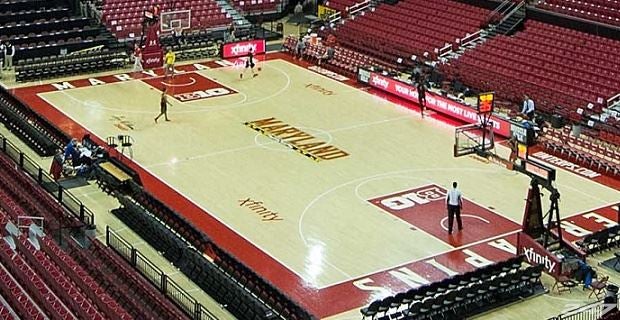
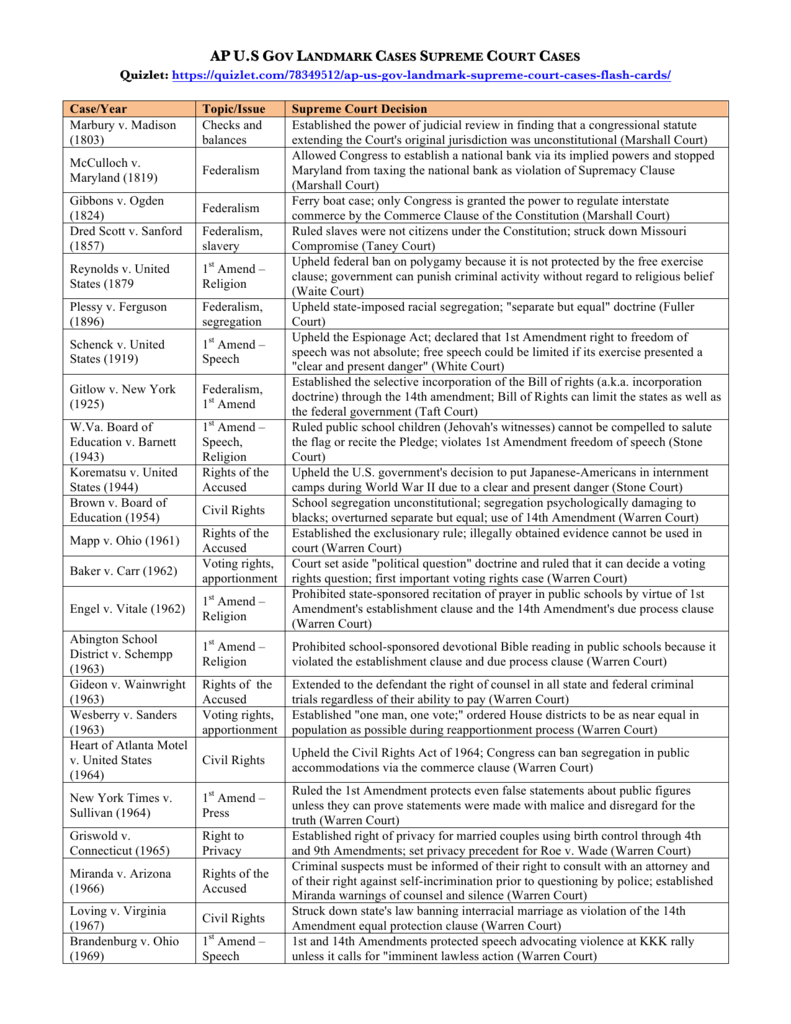


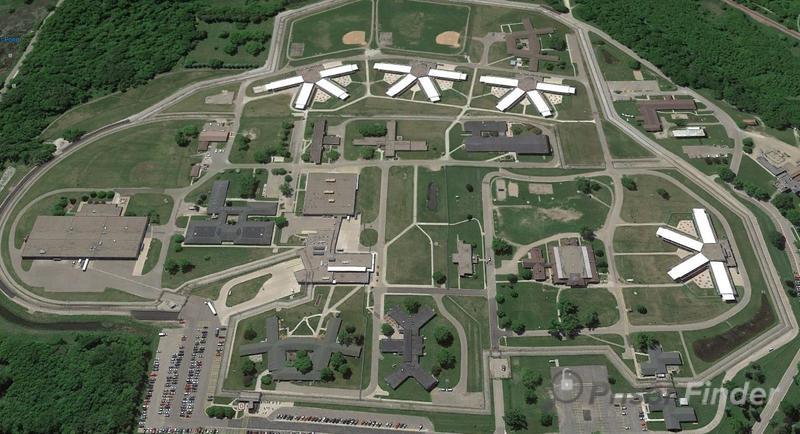
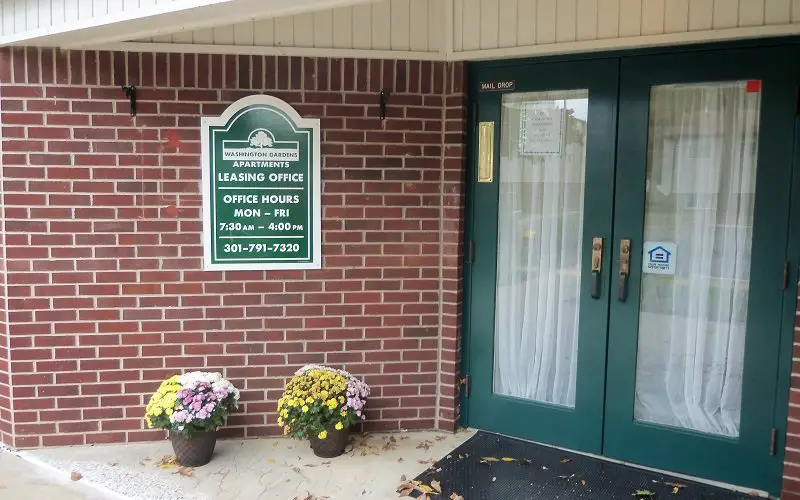






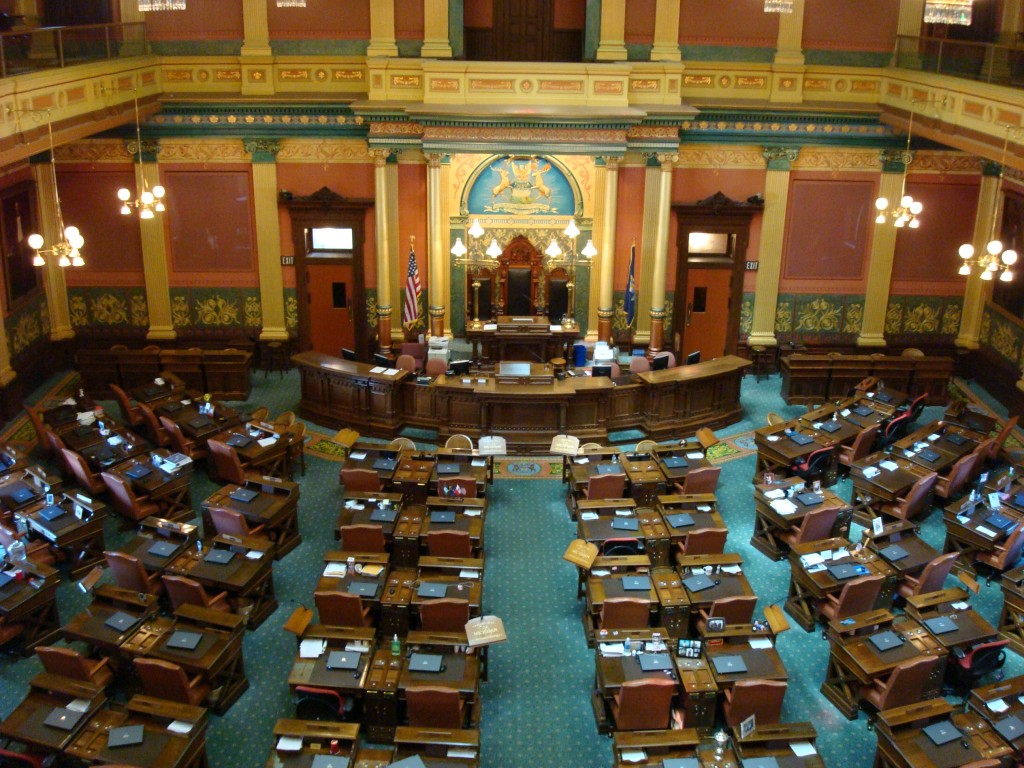



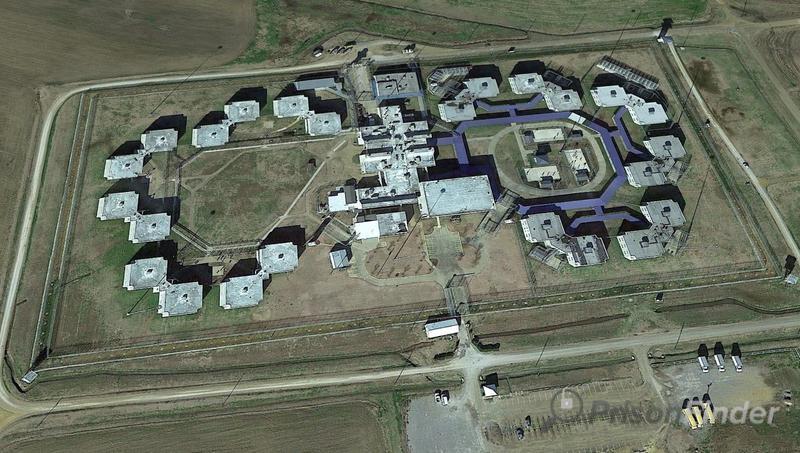




No comments:
Post a Comment
Note: Only a member of this blog may post a comment.